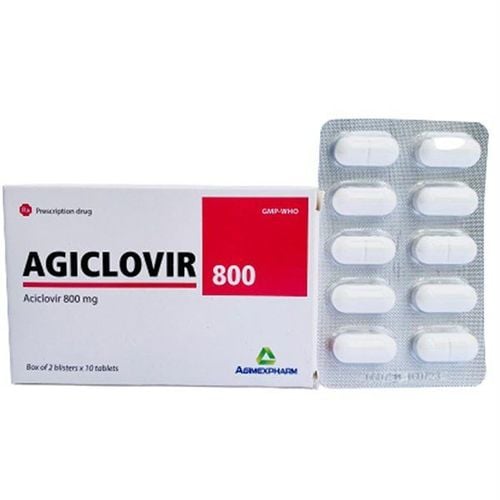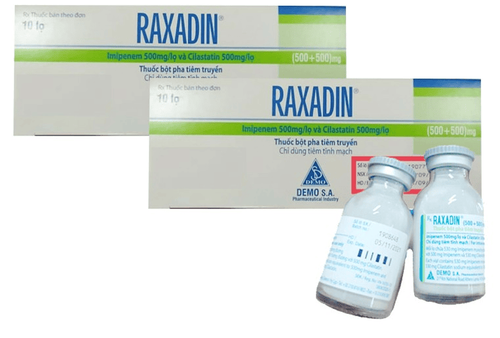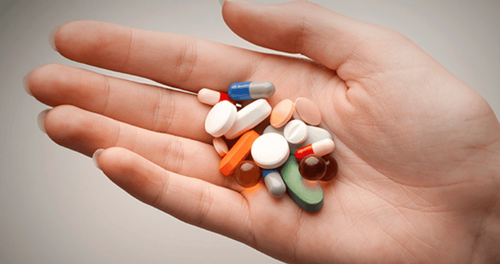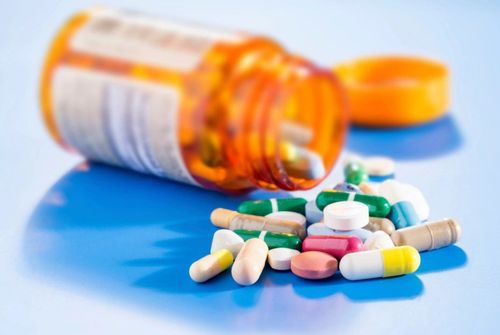This is an automatically translated article.
Antibiotics are only needed to treat some bacterial infections like pneumonia or more serious infections like sepsis. Therefore, the selection and use of safe and reasonable antibiotics will help the treatment process have a good signal and avoid antibiotic resistance.
1. Antibiotics and antibiotic resistance
Antibiotics, also known as antibacterial drugs, are drugs that fight infections caused by bacteria in humans and animals. Antibiotics fight infections by killing bacteria or making it difficult for bacteria to grow and multiply. Antibiotics only treat some bacterial infections without any effect on viruses. Whenever antibiotics are used, they can cause side effects and lead to antibiotic resistance.
Antibiotic resistance occurs when bacteria develop the ability to defeat the antibiotics designed to kill them. Antibiotic resistance has the potential to affect everyone at any stage of life, and no one can completely avoid the risks of antibiotic infections. In addition, antibiotic resistance is also at higher risk in people with chronic illnesses. So when antibiotics lose their effectiveness, we lose the ability to treat infections and control disease threats.
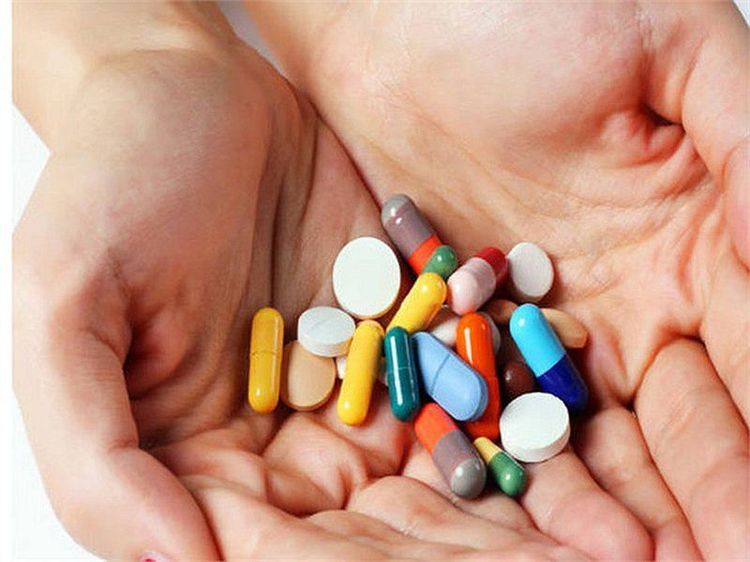
Kháng sinh có tác dụng vô hiệu hóa và tiêu diệt một số loại vi khuẩn ở người và động vật
2. Why can taking antibiotics lead to antibiotic resistance?
Whenever antibiotics are used, they can also cause side effects and lead to antibiotic resistance. Antibiotic resistance is one of the most pressing threats to public health. And always remember:
Antibiotic resistance does not mean that the body is becoming resistant to antibiotics, it is bacteria becoming resistant to antibiotics designed to kill them. When bacteria become resistant, antibiotics can't fight them and bacteria multiply. Some resistant bacteria can be difficult to treat and can be spread to others.

Lạm dụng kháng sinh dẫn đến tình trạng kháng kháng sinh
3. How to use antibiotics safely
If it is necessary to take antibiotics to treat an infection, use antibiotics rationally and exactly as prescribed by your doctor.
Improve healthcare with the indications and uses of antibiotics that keep us healthy while helping to fight antibiotic resistance and ensuring that these lifesaving drugs work in the future future.
Talk to your doctor if you have any questions about the antibiotics you are taking or if there are any side effects from taking antibiotics, especially diarrhea it could be due to a Clostridioides difficile infection. (also called C. difficile or C. diff ). It will then need to be treated for C.diff so that it does not lead to serious and possibly fatal colon damage.
Some notes for safe antibiotic use:
Use exactly as prescribed by your doctor Do not share antibiotics with others Do not save antibiotics Do not use antibiotics that are prescribed application for others. When using antibiotics, it is necessary to pay extra attention to some of the side effects caused by it so that the risk factor can be consulted and promptly overcome. Some common side effects of antibiotics include:
Rash Dizziness Nausea Diarrhea Yeast infection Clostridioides infection Serious and life-threatening allergic reaction Antibiotics are very important important for treating infections and has saved countless lives. However, whenever antibiotics are used they can cause adverse effects and antibiotic resistance – one of the most urgent threats to public health. So this is why and how important it is for all of us to use antibiotics only when we need them to protect us from unnecessary harm and against antibiotic resistance.
Customers can directly go to Vinmec Health system nationwide to visit or contact the hotline here for support.
References source: cdc.gov
MORE:
What are antibiotics? What is antibiotic resistance? How to limit antibiotic resistance?




